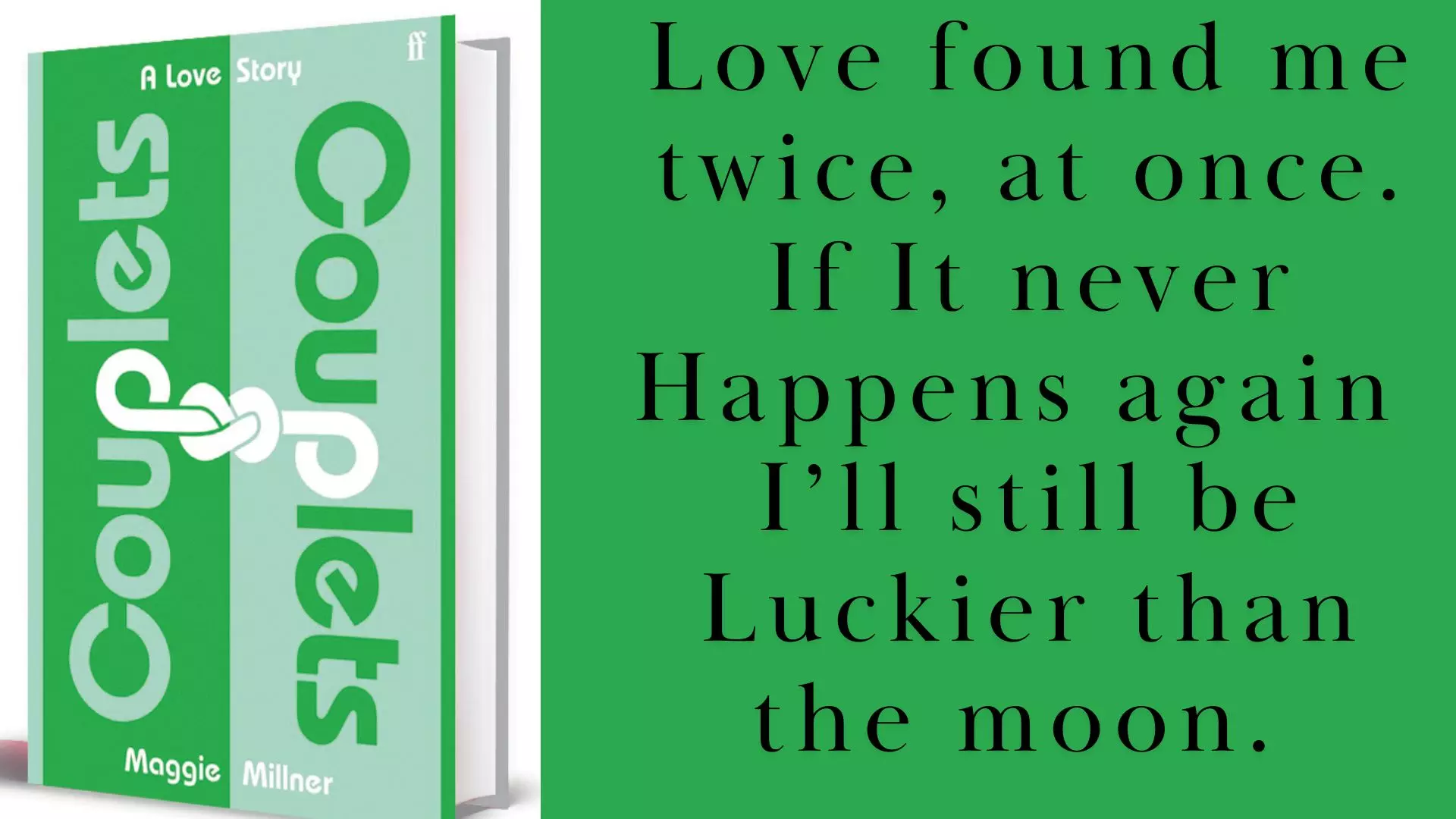Book Review: Couplets Sears, But Fails To Soar Despite Eroticism
Author Maggie Millner’s debut novella dazzles, but the shine eventually wears away

There is poetry and prose interspersed in author Maggie Millner’s Couplets, a novelty in the contemporary literature space. She interweaves visceral emotion in (you guessed it), couplets, and semi-proses, spanning across a hundred pages or so. Due to her second-person perspective, Millner’s writing feels transcendental. Almost like when you encounter a near-death experience and perceive yourself from another body. Every action, every feeling, hangs heavy with scrutiny.
Author: Maggie Millner
She adds to this idea in her prose, stating: “You took great comfort…in writing that seemed to relate to its author as both the object and the subject of the work.”
And this self-awareness of the form, and herself, shines through in the book. Millner pries her mind open, laying out her desires, and more importantly, her premonitions about love, and life. Due to the retrospective nature of the book, her present and past get inter
mingled, giving the reader a very well-rounded view of her life. The semi-autobiographical nature of the novella adds context to the story but never feels reductive enough to hinder the flow of the plot.
A huge part of Couplets hinges on the ferocity of desire. On love, and how sex becomes a substitute for love. She deftly uses imagery to support her feelings – nails clawing onto her skin, her eyes seeking the silver by the sea. Although the images are packed with emotion, her dissection of eroticism feels very long drawn. Therefore, by the end of the book, the feelings attached become remnants of what they once were.
A major drawback that the book suffers from is the usage of enjambment in her couplets. Although Milner’s intention with the usage of stream-of-consciousness writing is evident, it feels abrupt, and because of that, the poetry is not as resonant.
Her exploration of sexuality forms another pillar of Couplets. She explores the pleasure of conformity in her first relationship, and the freedom of love, in her next. Her struggle with internalised homophobia is presented with a subtlety which stands out among the crowd of loud, didactic stories about loving and accepting ourselves for who we are.
When it works, Couplets contains an honesty which sears through our skin.
Love found me twice, at once.
If It never Happens again I’ll
still be Luckier than the moon.
But when it doesn’t, it lays flat – like a jumble of words and references with no meaning to attach itself to. A good, short book for people who wish to get past a reading slump.

